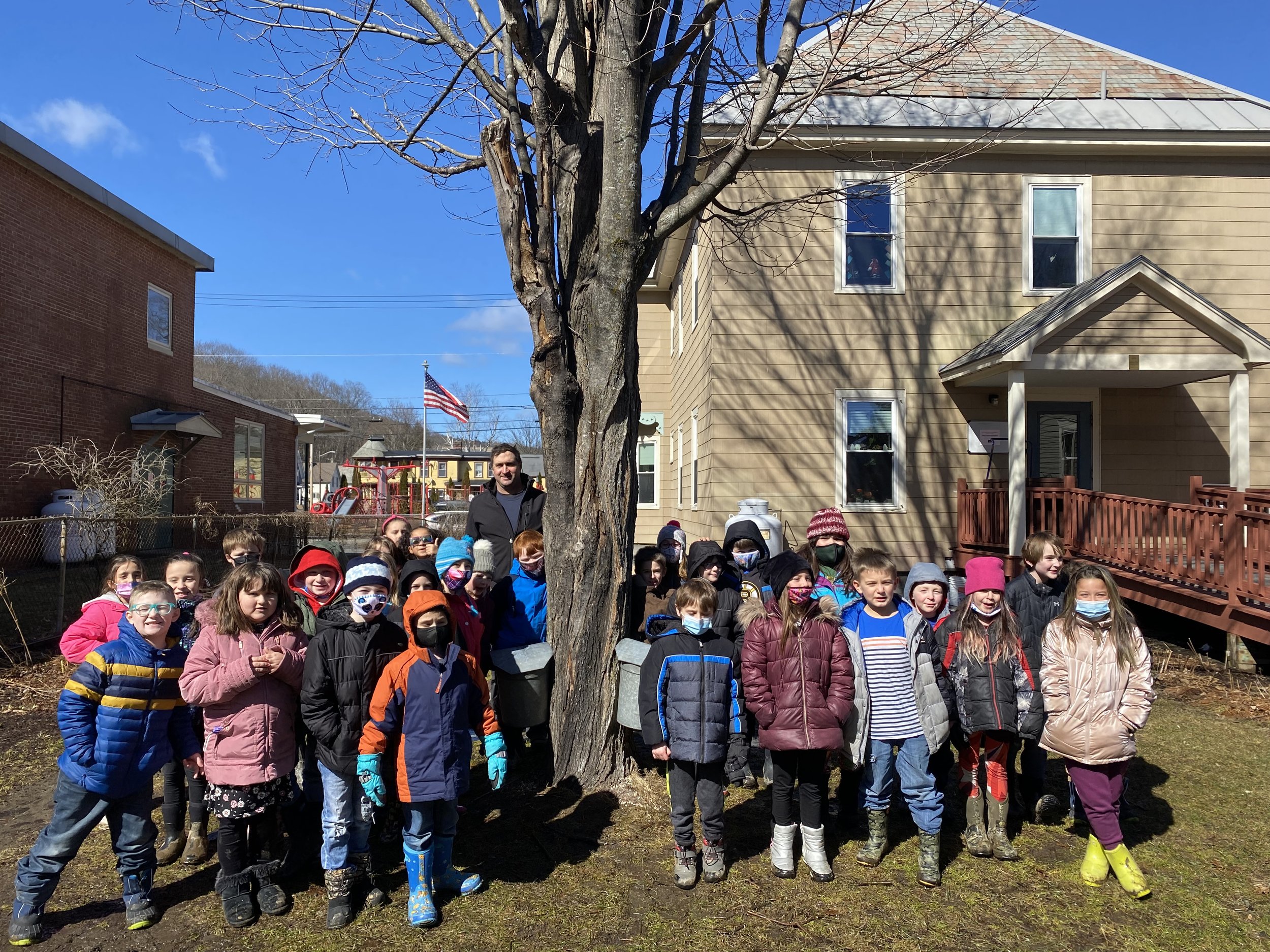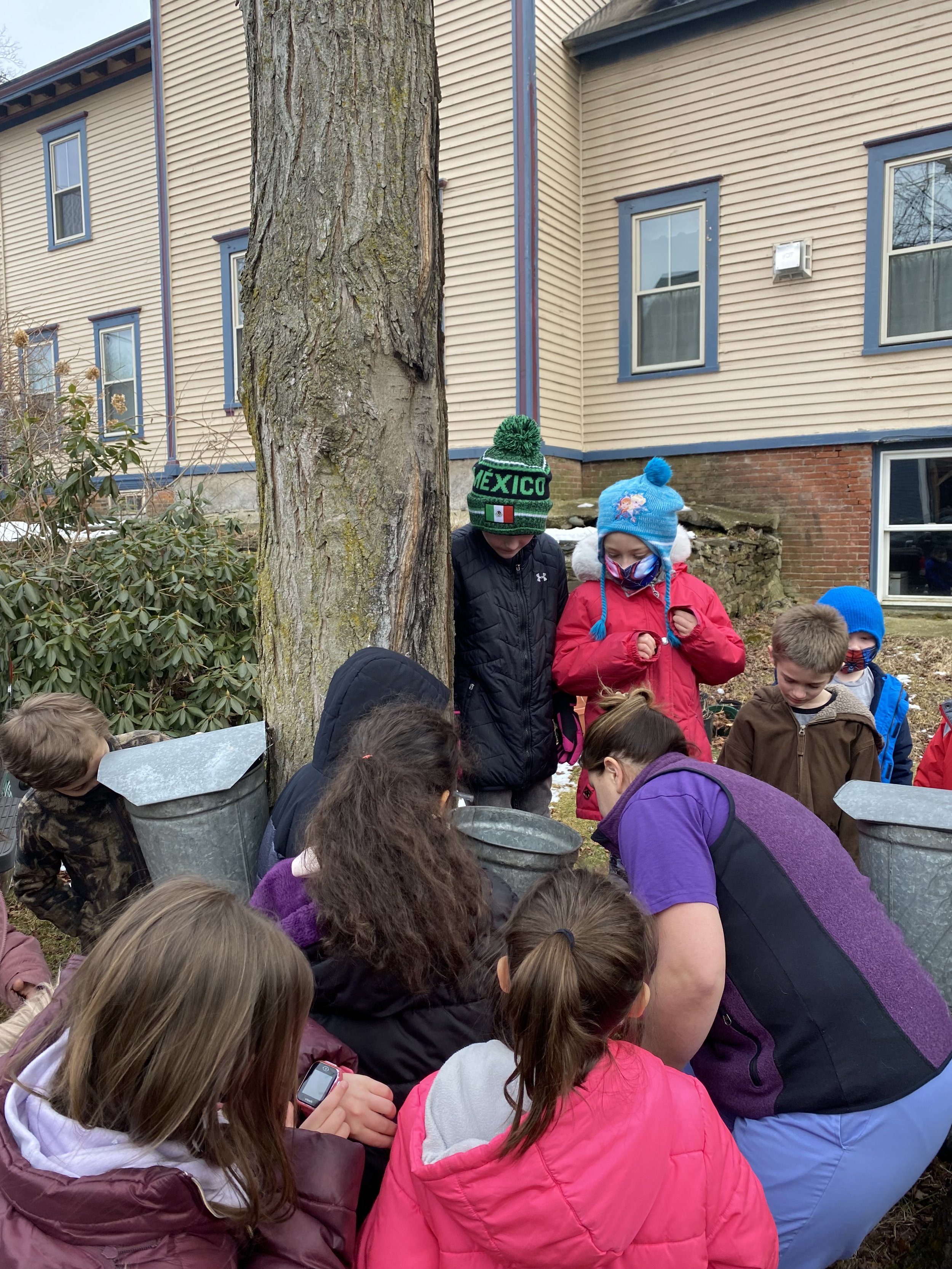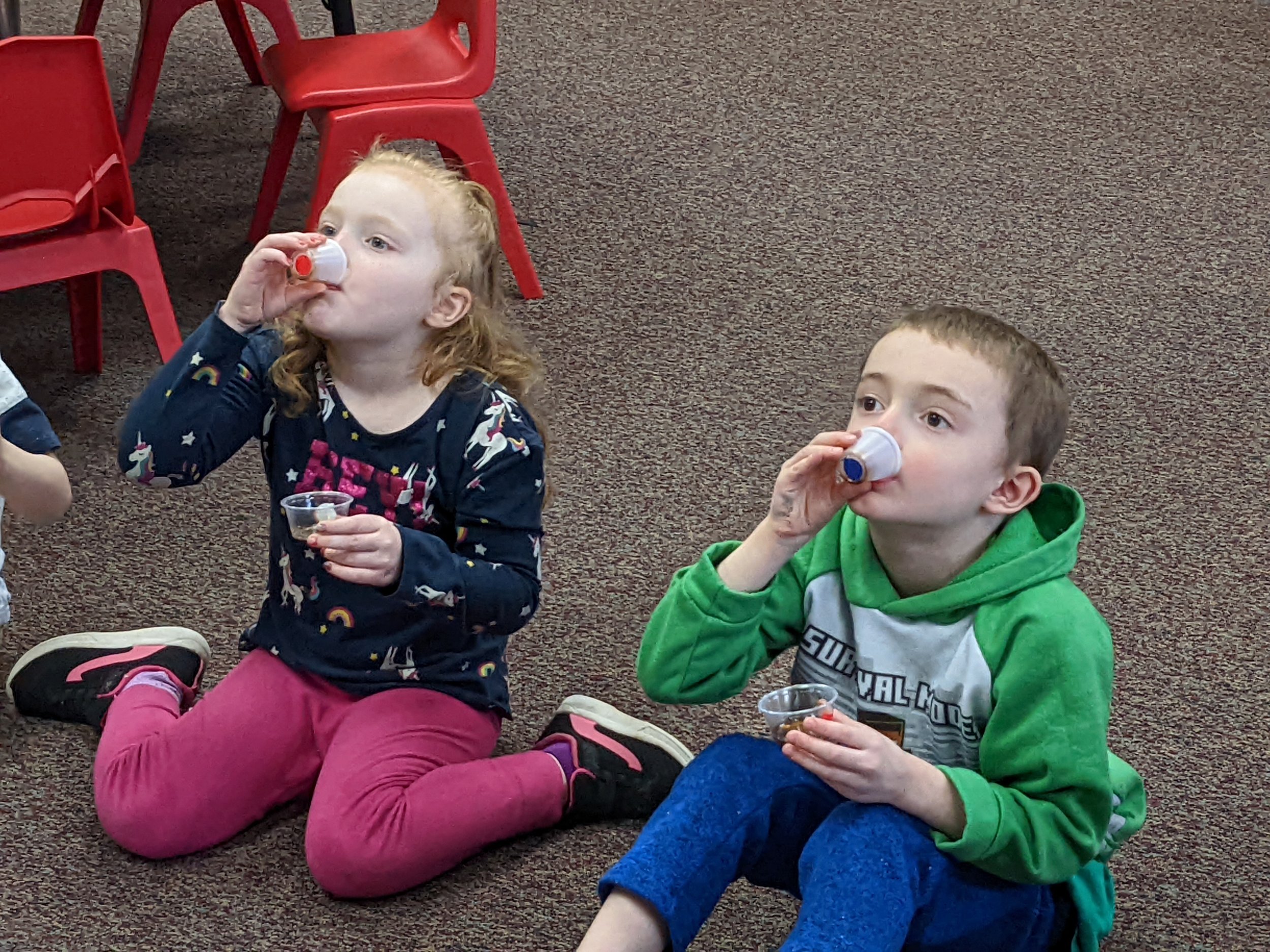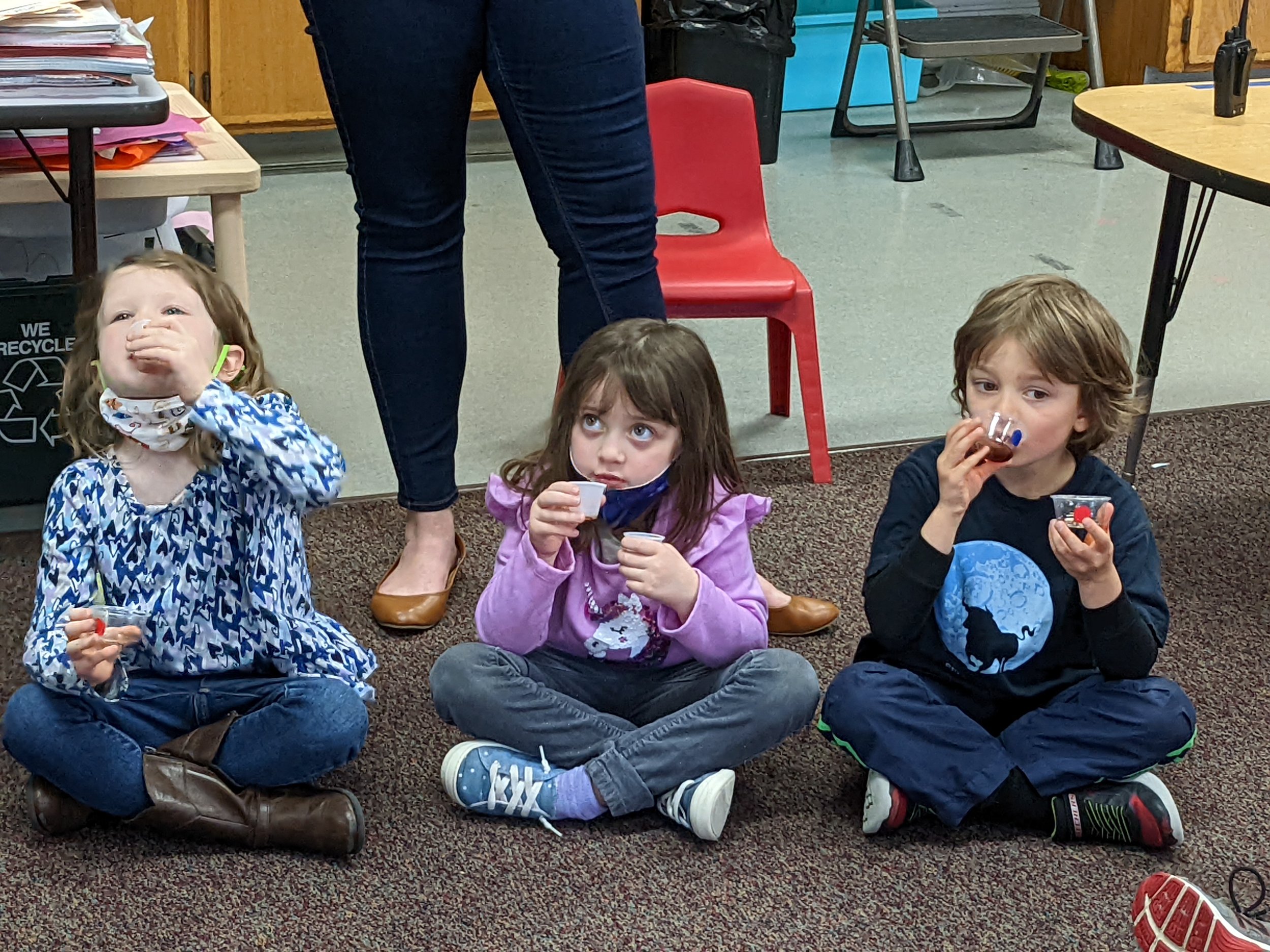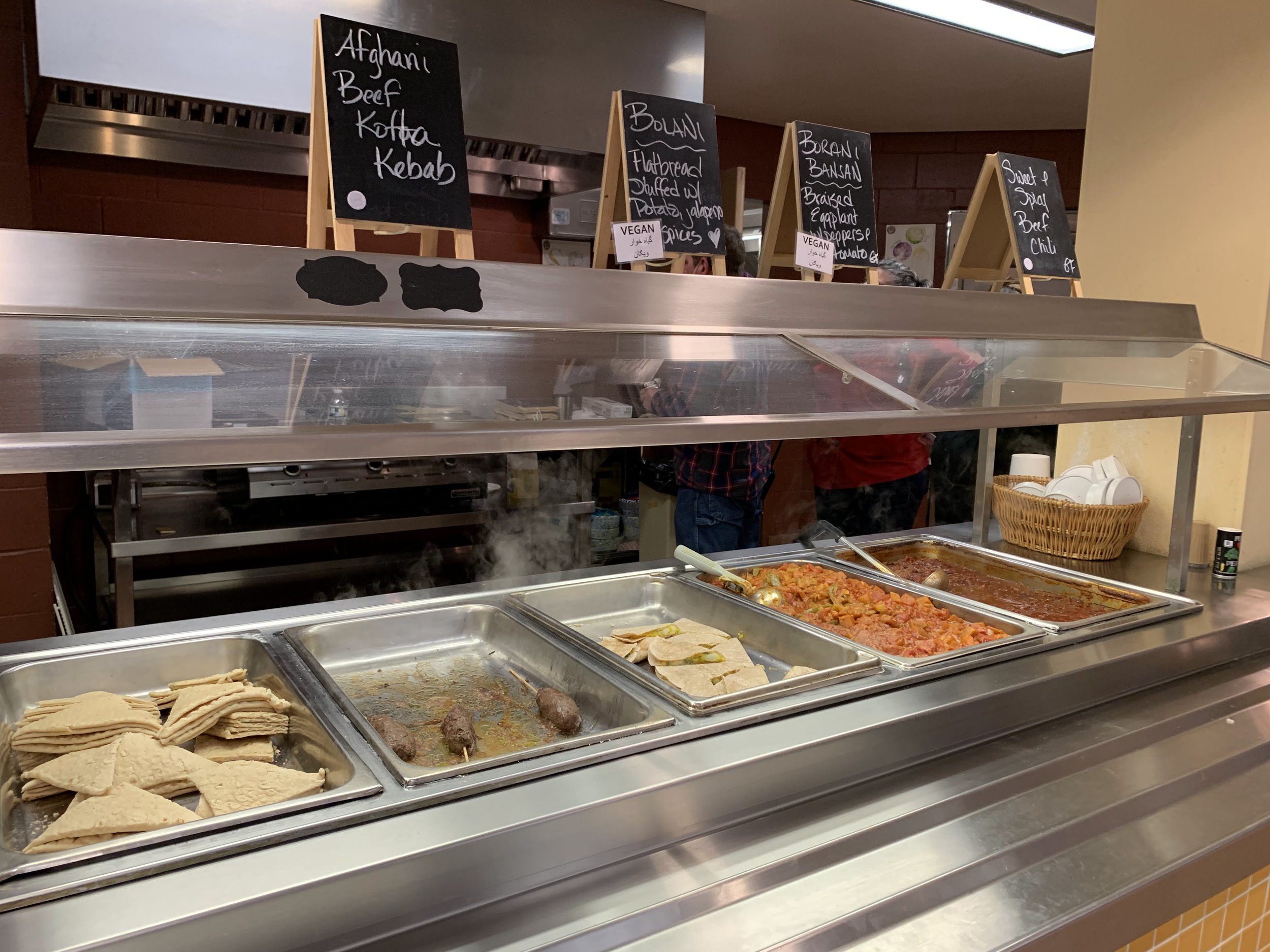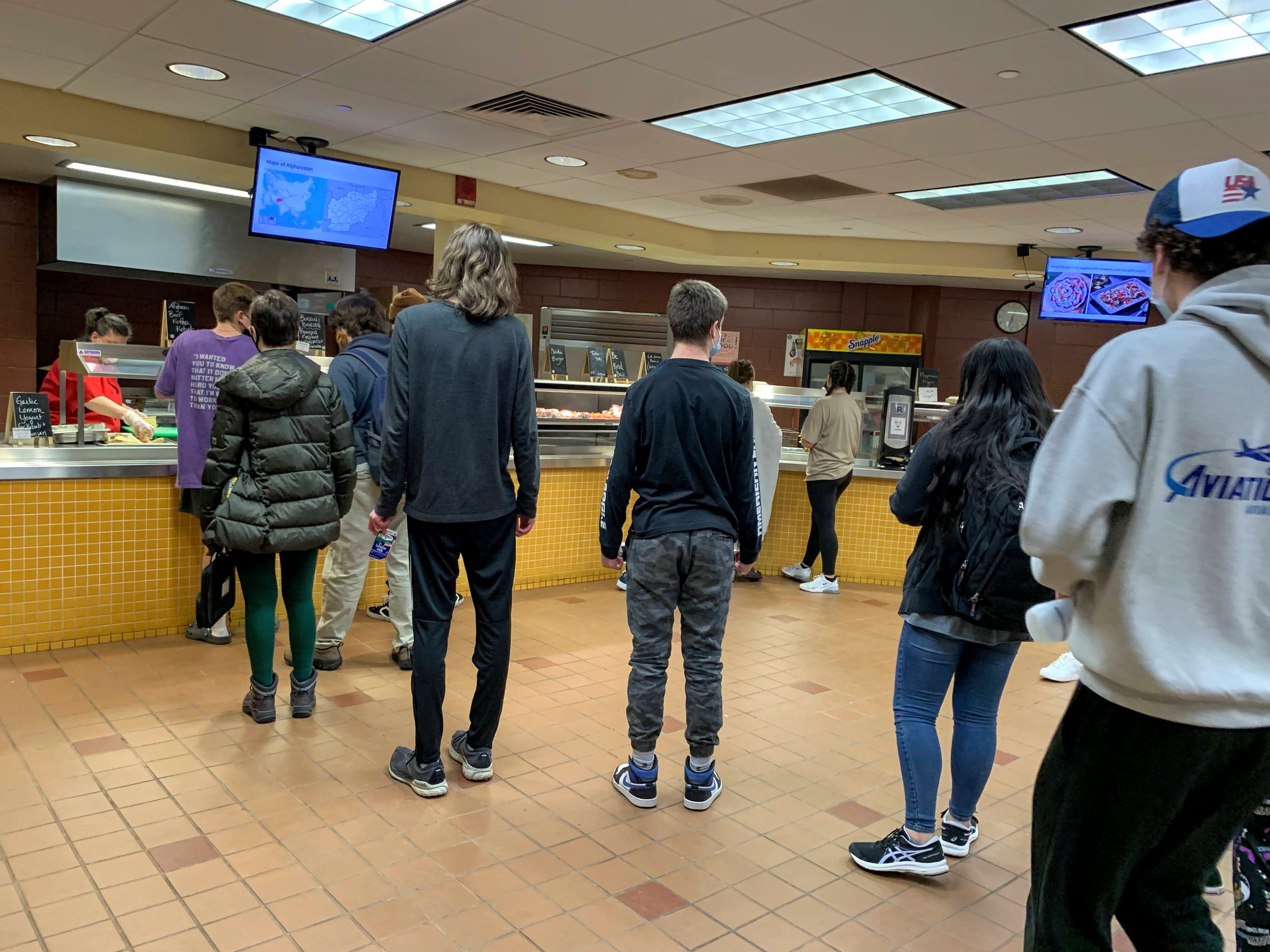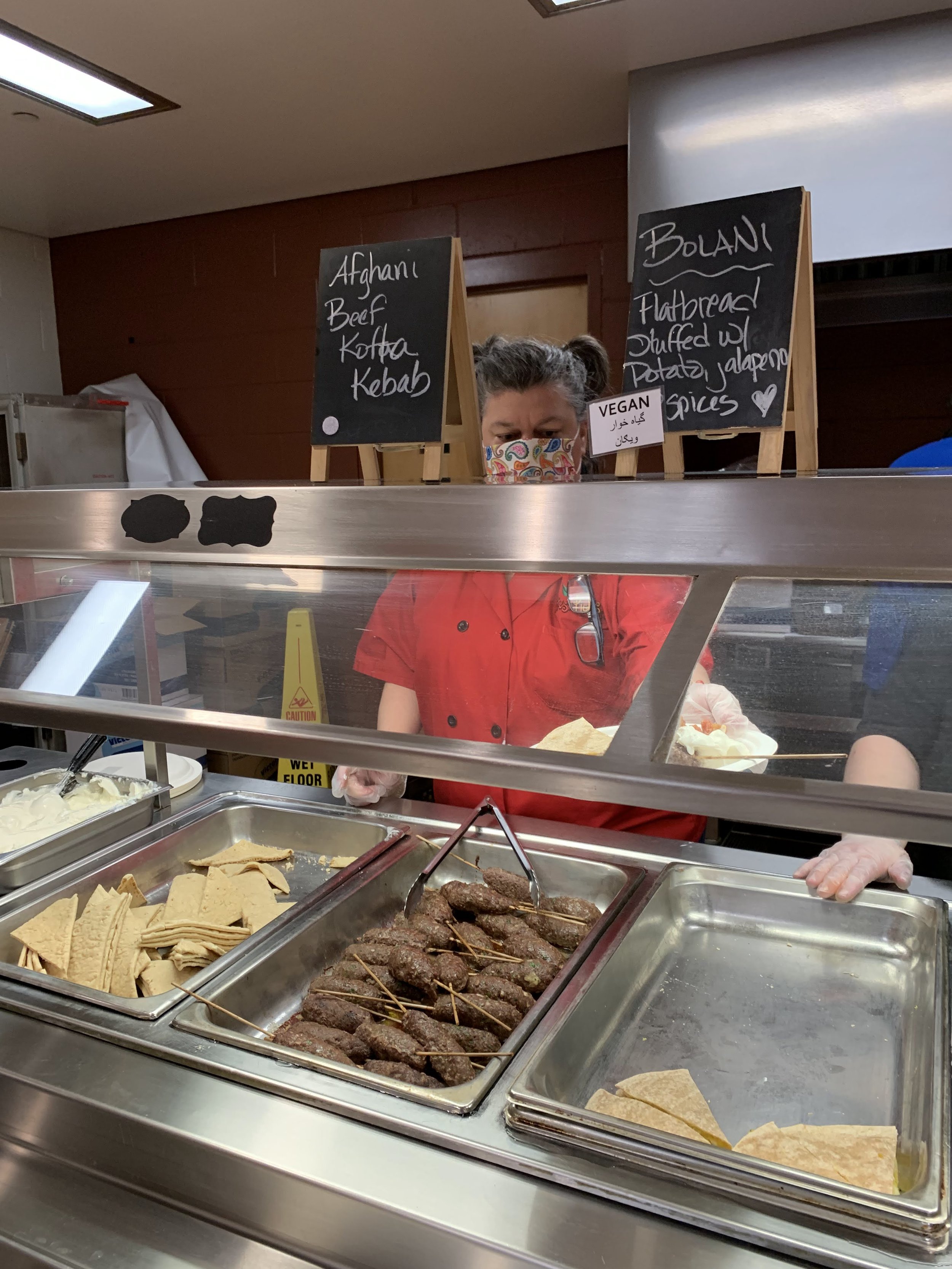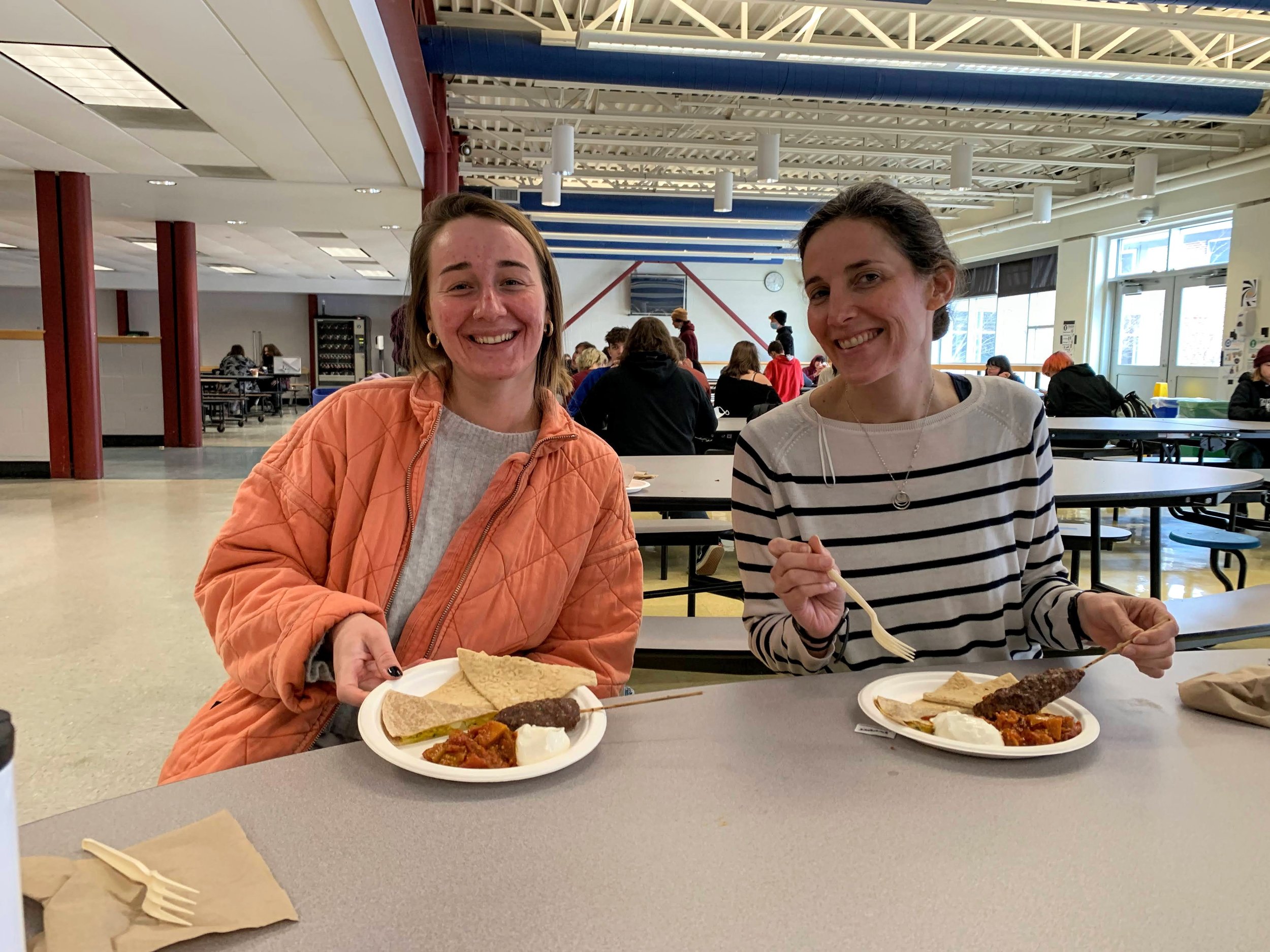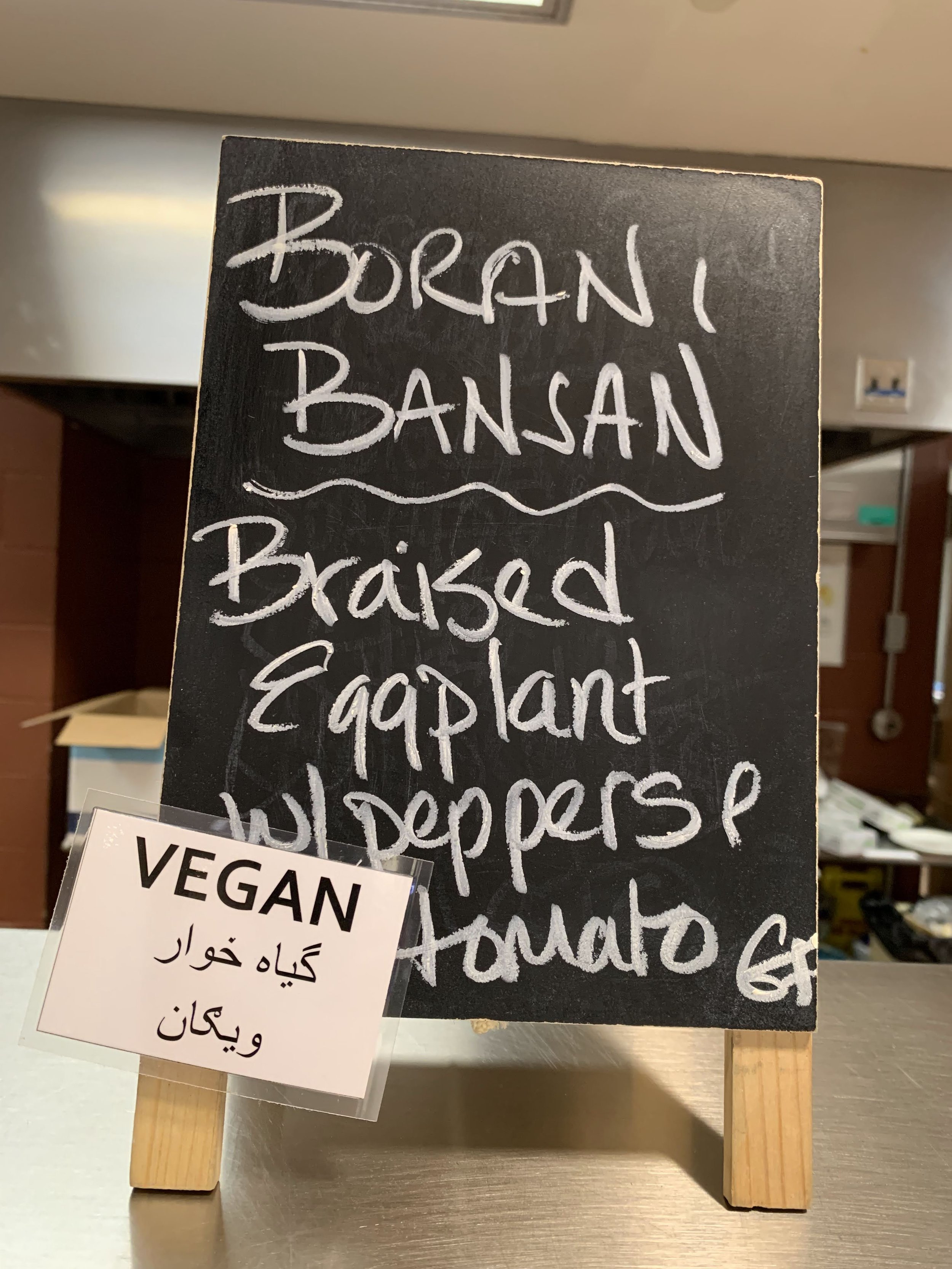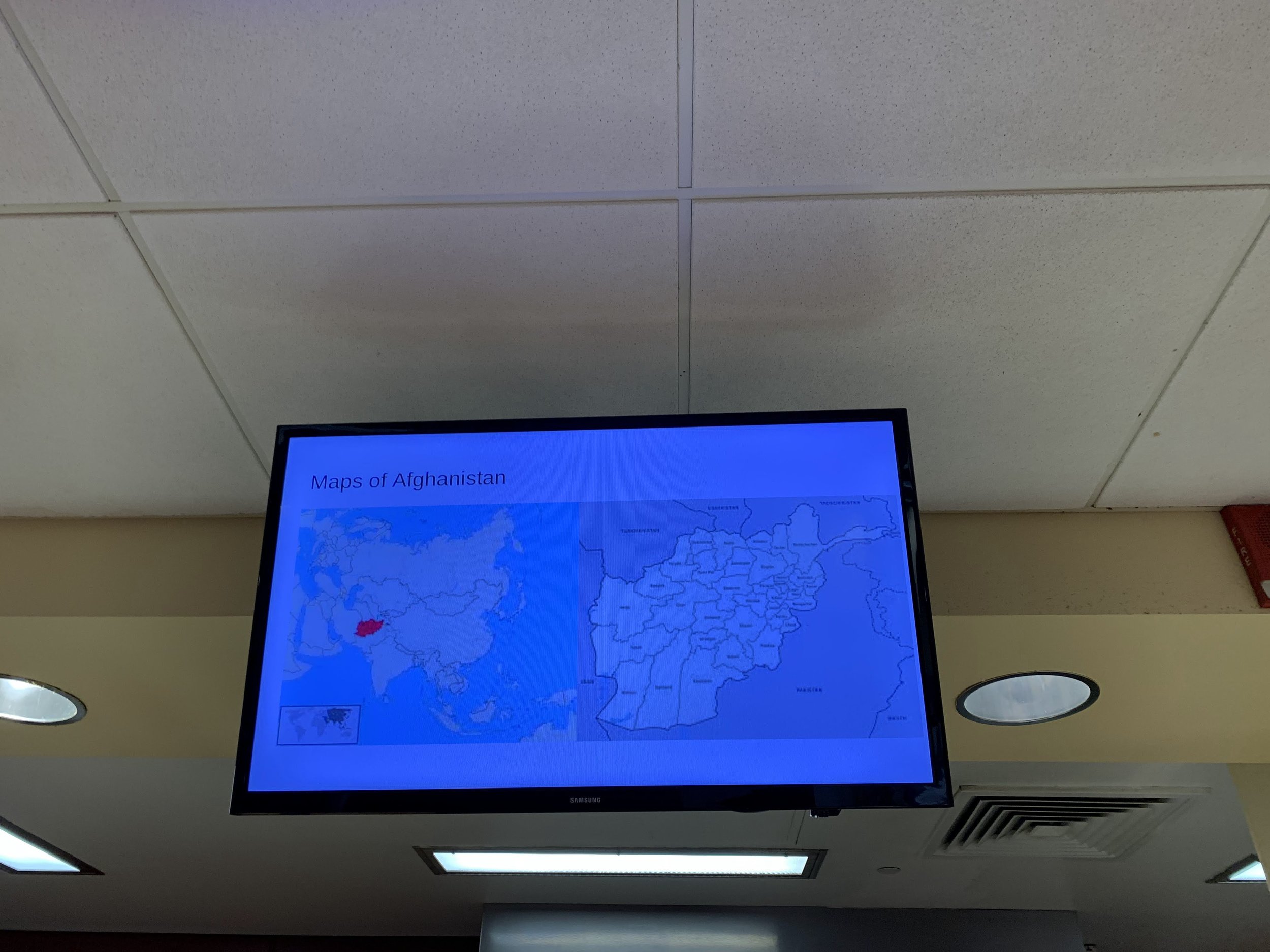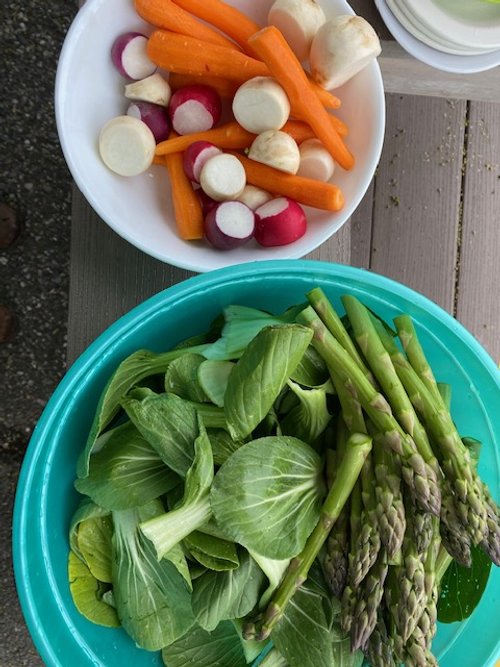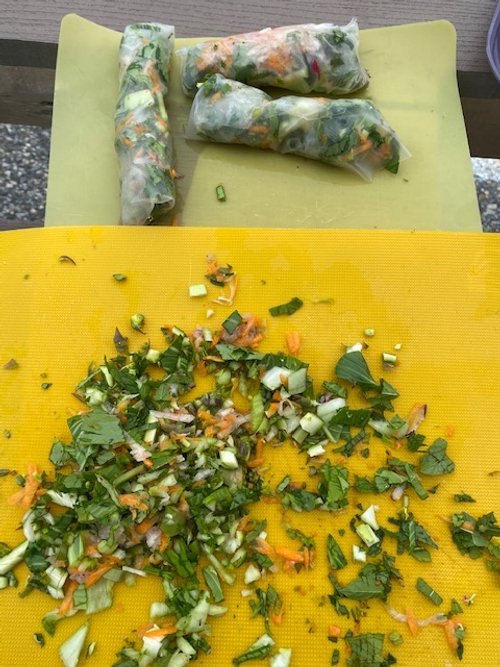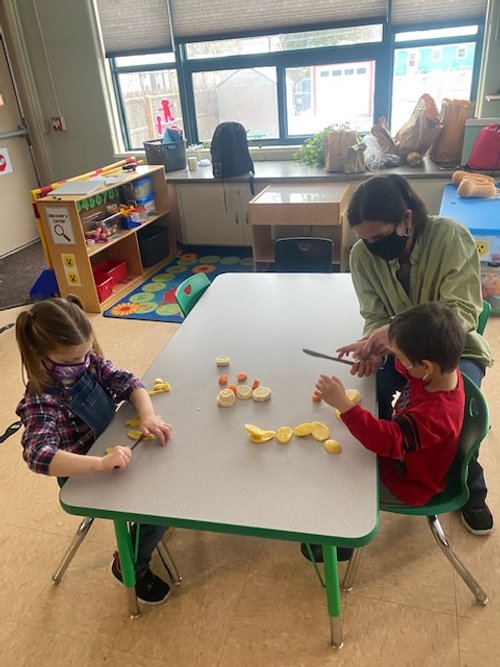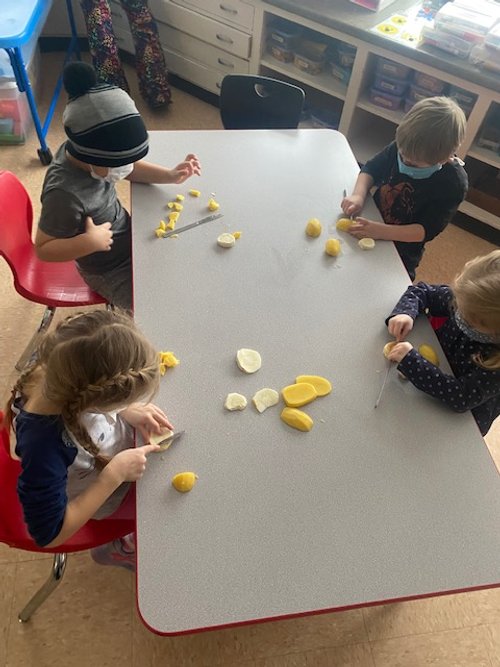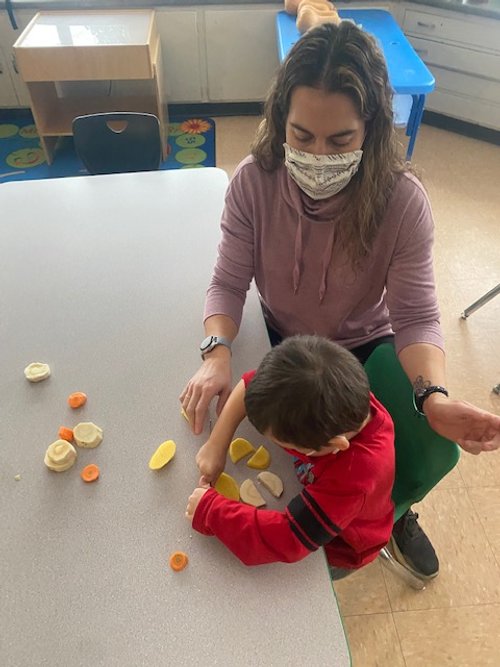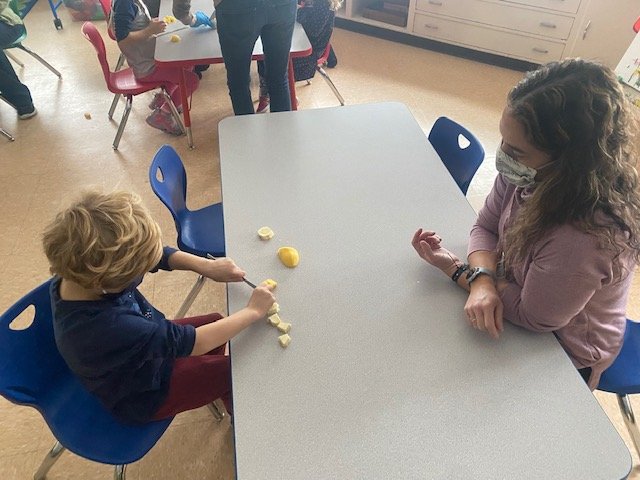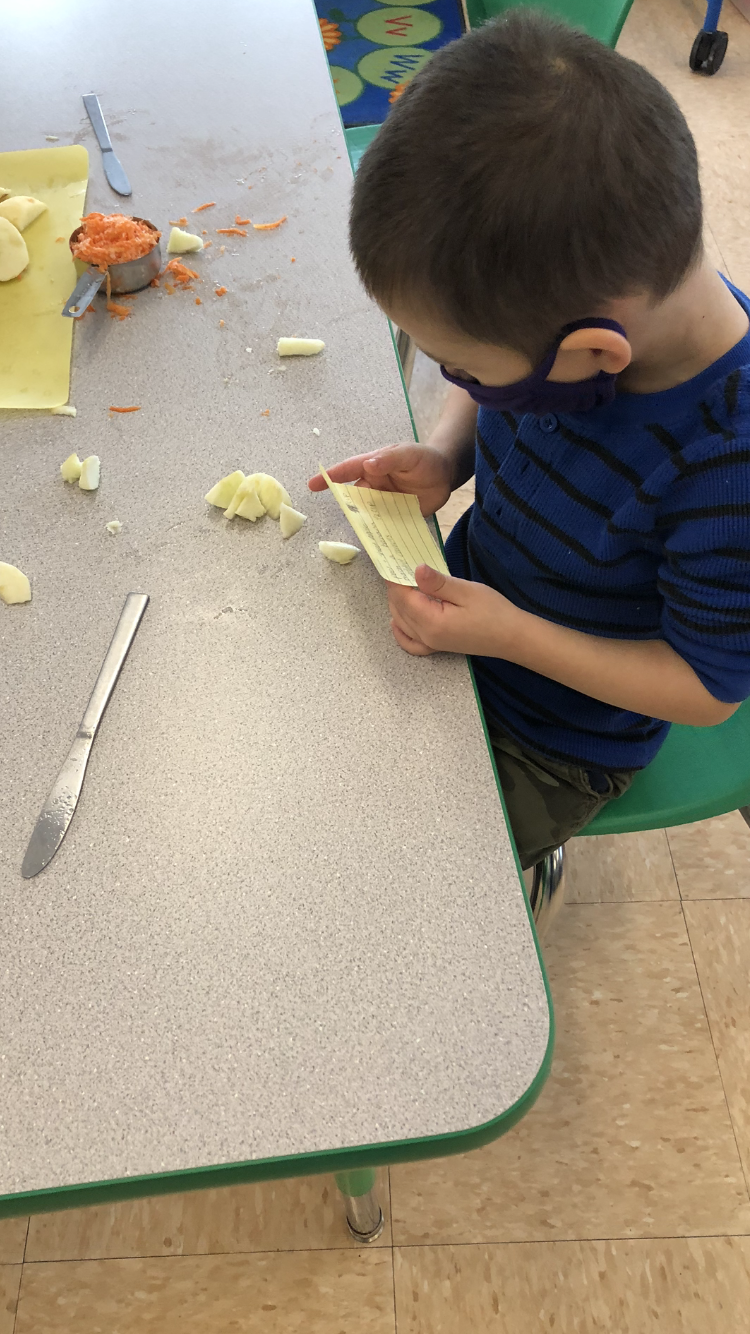Written by Second Grade teachers Kate Kane and Judy Verespy
In early March, the 2nd-grade students carried on the Vermont tradition of tapping maple trees in the waning days of winter. We tapped two maple trees at school, neither of which was a sugar maple, but instead a Norway maple and silver maple. Thanks to Librarian Jody Hauser for scouting and identifying our trees! The Norway maple has a very slow sap flow, but the silver maple began flowing immediately! Mrs. Kane’s brother Thad came to help us tap the trees, and we were thrilled to get that hands-on experience that generations of Vermonters have had before us.
Later in the week, we enjoyed “sugar on snow,” using maple syrup that Mrs. Stoodley’s family had boiled last year. We took a walk down School Street to Leah’s house to experience their sugaring operation on Friday afternoon. We have all decided that maple syrup is DELICIOUS. We thank Tim and Whitney Patterson, Ryan and Karen Stoodley, and Thad and Jan Guild for helping us understand the experience of making “liquid gold!” We also had a blind taste test to compare silver, Norway, and sugar maple sap to decide which is the sweetest. The results were surprising! While most students thought the sugar maple sap would be the sweetest, the taste test indicated that the Norway maple sap actually tasted the sweetest to the students, as shown in our graph.
Erica Frank in our cafeteria baked up delicious maple-sweetened blueberry oatmeal cakes for the students to enjoy. They were a hit!
Farm to School efforts continue to expand with regular taste tests and activities tied to Harvest of the Month. And we’re getting ready to ramp up our garden, with cold frames already set up and a garden workday planned with help from the Rotary Club to repair and build new raised beds for Spring. Stay tuned for more!


